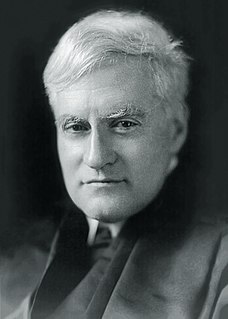A Quote by Nicolas Chamfort
The success of many books is due to the affinity between the mediocrity of the author's ideas and those of the public.
Related Quotes
As well as many subspecies, the main blocks are fear of failure after previous success, fear of success due to a sense of unworthiness, lack of potential venue, jaded attitude, crisis of confidence, evidence of persistent poor quality, lackadaisical motivation, and common everyday shortage of ideas.
The librarian of today, and it will be true still more of the librarians of tomorrow, are not fiery dragons interposed between the people and the books. They are useful public servants, who manage libraries in the interest of the public . . . Many still think that a great reader, or a writer of books, will make an excellent librarian. This is pure fallacy.
Christian scholars often say that Sufi theories are close to those of Christianity. Many Moslems maintain that they are essentially derived from Islam. The resemblance of many Sufi ideas to those of several religious and esoteric systems are sometimes taken as evidence of derivation. The Islamic interpretation is that religion is of one origin, differences being due to local or historical causes.
If optimism is important, it's because many outcomes are determined by how much of it we bring to the task. It is an important ingredient of success. This flies in the face of the elite view that talent is the primary requirement of a good life, but in many cases the difference between success and failure is determined by nothing more than our sense of what is possible and the energy we can muster to convince others of our due. We might be doomed not by a lack of skill, but by an absence of hope!
Obviously it makes a difference if an author has a public online profile of some sort, even just down to the level of having a moderately popular blog. Most books sell 5, 10, or 15 thousand copies. Most are midlist books. With those people, even a modest online presence can make a difference in sales.





































